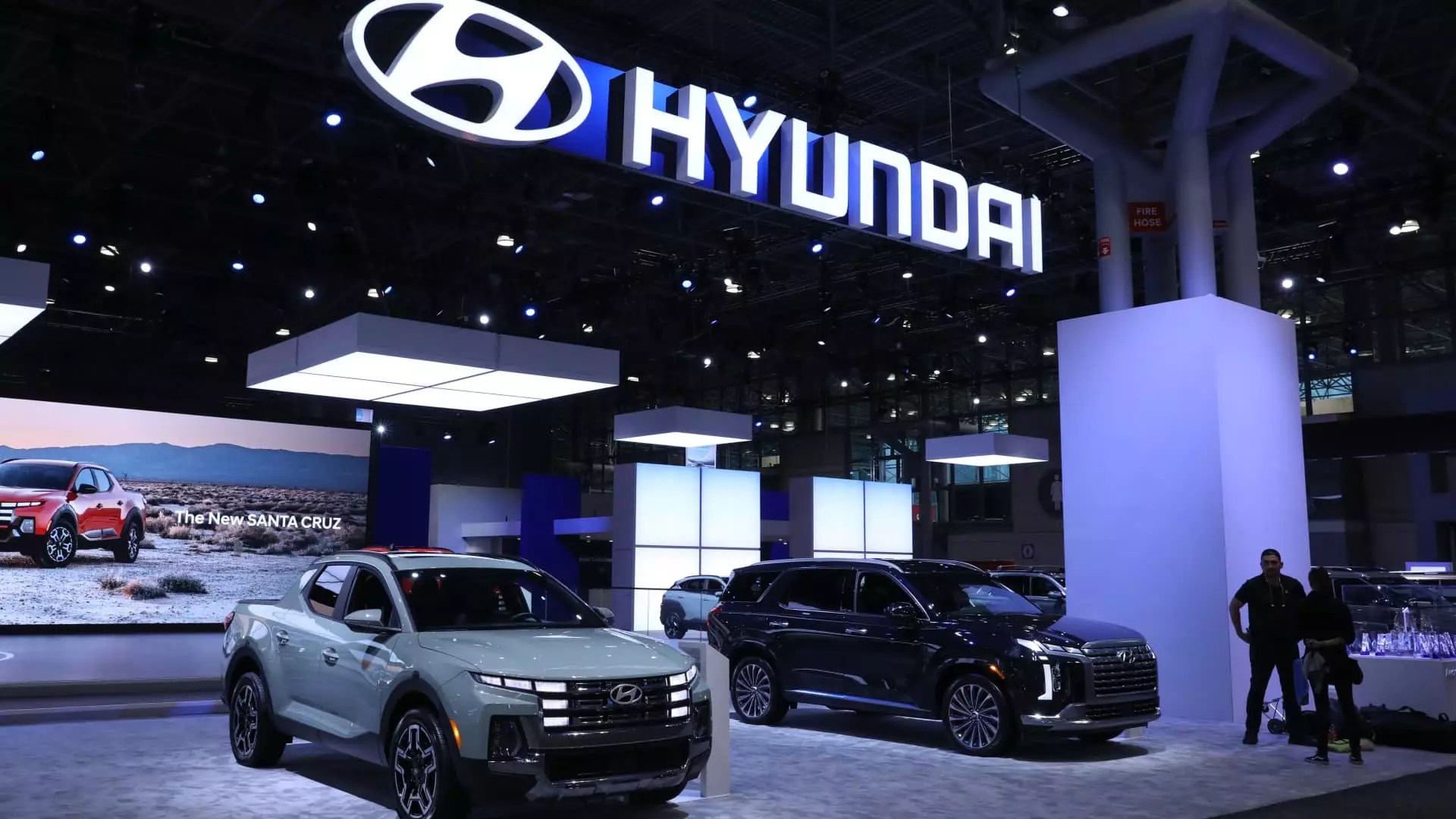In a remarkable show of confidence in American industry, Hyundai is set to unveil a colossal $20 billion investment in U.S. manufacturing. At the forefront of this initiative is a shiny new $5 billion steel plant located in Louisiana, expected to employ around 1,500 workers. But this isn’t just any steel plant; it’s tailored to produce state-of-the-art steel essential for the next generation of electric vehicles, directly fueling Hyundai’s ambitious expansion in the EV sector. This move, set to be announced by President Donald Trump among other dignitaries, reflects a strategic pivot, especially in light of increasingly stringent tariff conversations looming on the horizon.
The Race to Onshore
As global companies scramble to adjust to the shifting tides of U.S. trade policy, Hyundai is taking a daring leap into onshoring—an all-too-familiar strategy for multinational giants navigating the quagmire of tariffs and trade wars. With President Trump’s April 2 tariff deadline looming, companies like Taiwan Semiconductor and SoftBank have joined the race, striving to strengthen their foothold in the U.S. market. Hyundai’s CEO, José Muñoz, argues that “the best way for [Hyundai] to navigate tariffs is to increase localization.” Here lies the heart of the matter; localization is not merely a tactical maneuver but an affirmation of commitment to American labor and innovation.
Charging Forward in the EV Race
Hyundai isn’t just a participant in the electric vehicle market; it’s an energetic contender vying for supremacy against industry giants like Tesla. This new plant isn’t merely about steel; it’s about forging a pathway to dominance in the electric vehicle segment, a market increasingly characterized by rapid growth and fierce competition. By investing heavily in domestic manufacturing, Hyundai aims to create a more resilient supply chain while reinforcing its position in an industry that is expected to define the future of transportation.
Navigating Trade Currents
While South Korea continues to maintain a trade surplus with the U.S., the dynamics have changed dramatically. Trump’s fixation on tariffs has put pressure on the relationship between the two countries, with allegations of apparent tariff imbalances hanging heavily in the air. South Korea argues its effective tariff rate on U.S. imports stands at a mere 0.79% due to their free trade agreement; however, such numbers often seem pale under the glare of populist rhetoric and concerns over job creation.
Future Implications
Hyundai’s commitment reflects a broader trend of strategic localization that is reshaping the U.S. manufacturing landscape. As more companies opt to invest in American manufacturing, we may soon see a renaissance in the U.S. labor market. More than just a win for Hyundai, this initiative is pivotal for job seekers and local economies alike. At its core lies a crucial element of national pride; seeing foreign manufacturers not simply taking from American soil but also giving back in a tangible manner can be invigorating for the American workforce.
Thus, as voices rally for renewed vigilance on trade and industry practices, Hyundai’s chase towards localization exemplifies the complexities and dynamism within the global economic landscape. It’s a twist on the age-old narrative of foreign investment, proving that in today’s world, strategic alignments can lead to groundbreaking opportunities for local economies and industries alike.


Leave a Reply